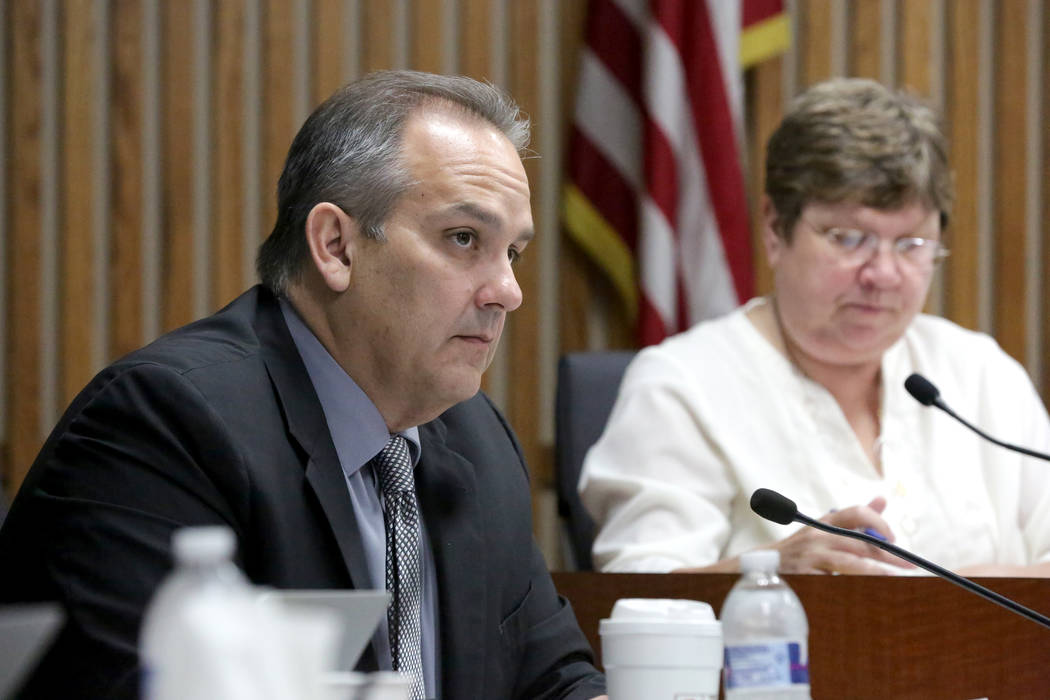An object lesson on the Fourth Amendment
Clark County School District students no longer need to take a civics class to learn firsthand about the importance of the Fourth Amendment.
Last week, Superintendent Jesus Jara announced that middle and high school students are now subject to random searches with metal detectors. Students will be face pat-downs or other additional searches if school officials suspect something is amiss. Mr. Jara made the announcement after a string of incidents involving firearms on campus. Last month, a student even died from a gunshot while on the grounds of Canyon Springs High School.
Mr. Jara has understandably expressed concern and has the ultimate responsibility for the safety of the district’s more than 320,000 students. Random searches are likely to turn up weapons. They’re also going to turn up other contraband. If a staff member finds prohibited items, such as drug paraphernalia, expect the student to face the consequences.
Keeping weapons and drugs out of our schools is a real benefit. But the means comes at the cost to the protections adults enjoy under the Bill of Rights. “The right of the people to be secure in their persons, houses, papers, and effects, against unreasonable searches and seizures, shall not be violated, and no warrants shall issue, but upon probable cause, supported by oath or affirmation, and particularly describing the place to be searched, and the persons or things to be seized,” the Fourth Amendment reads.
Random searches without warrants aren’t based on probable cause. But a 1985 Supreme Court decision, New Jersey v. T.L.O., allows school officials to engage in such practices.
“Striking the balance between schoolchildren’s legitimate expectations of privacy and the school’s equally legitimate need to maintain an environment in which learning can take place requires some easing of the restrictions to which searches by public authorities are ordinarily subject,” Justice Byron R. White wrote. The court ruled that “the legality of a search of a student should depend simply on the reasonableness, under all the circumstances, of the search.”
Under that precedent, the district’s searches would likely pass the court’s scrutiny.
Finding the balance between student safety and student privacy is no easy task. District officials have emphasized that a computer program will determine where the searches occur to avoid charges of discrimination. They’re also going to publish those procedures in order to comply with federal law.
But perhaps they should also take the opportunity to explain to students the importance of the Fourth Amendment — and that, thanks to the Bill of Rights, they may not be subjected to such intrusions when they are off school grounds.

















